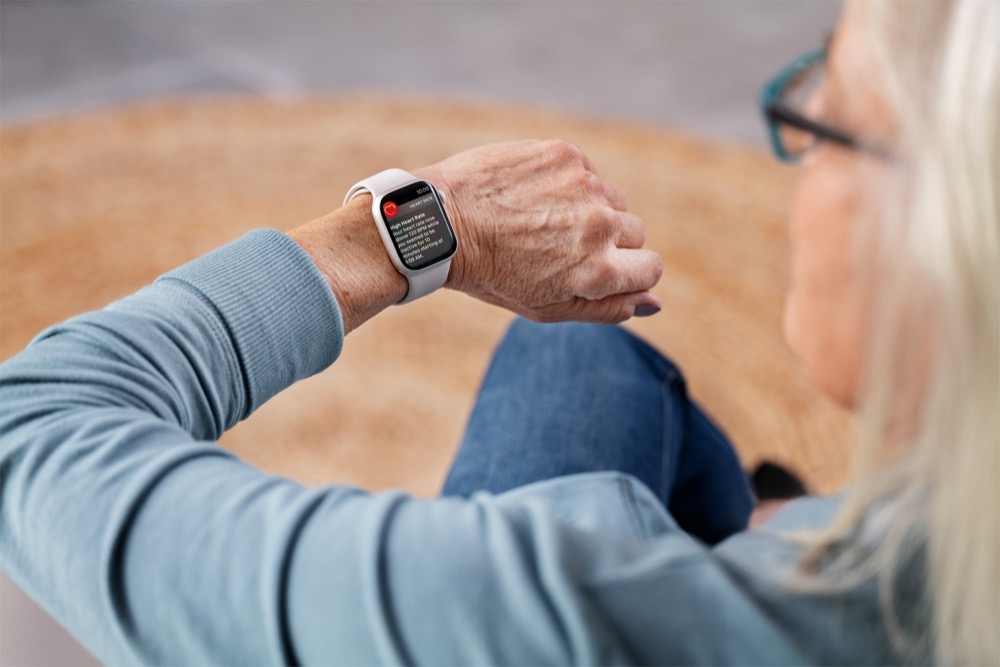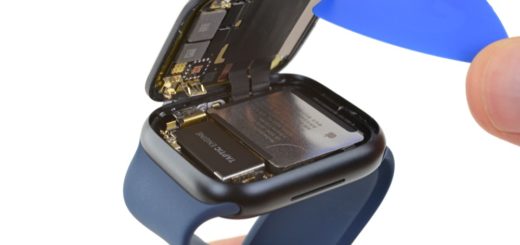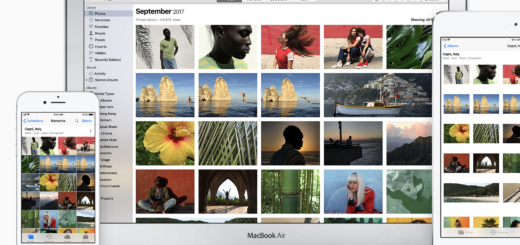Why Apple’s AI for Health plans make so much sense

Have a care for your heart
Apple continues to focus on harnessing the power of machine learning and personal health data, and now has a plan to create an AI-drive ‘health coach’ to help people develop better health habits. This is a logical extension of Apple’s existing prevention, rather than remediation approach to digital healthcare.
Why this approach makes sense
The idea is solid for two reasons. The first is that developing healthy habits really does make for healthier outcomes, at least in general terms. Better habits can have a particular impact on some of the biggest and most costly health problems, including diabetes and heart disease.
The second is a little less idealistic, as it is much easier to bring products to market that ‘may’ improve health than it is to introduce solutions a company can claim ‘will’ improve health. In general, remediative cure is far more heavily regulated, which inflates the cost of introduction.
I was once told that the developer of Triton Sponge ended up with a roomful of paperwork as they attempted to gain regulatory approval for their medical system, which uses an iPad camera to measure blood loss during surgery.
Apple VP Health, Sumbul Desai, in 2023 explained the approach. “You have to change the behavior of physicians and then you have to change the patients’ and customers’ behaviour,” she said. She also stressed that the data driving these systems remains private to the customer. Apple can’t see it.
What Apple is planning
That’s the context, so what’s the deal?
Apple’s AI system for digital health will take all the data Apple’s systems already gather in the Health App and make it useful and actionable. To supplement this information, it will also monitor other user behaviors, both the overt ones gained when using the device, and also the less evident ones such as location, activity, and mood.
The AU health coach (allegedly code-named ‘Quartz, according to the bloke who seems to live in the Apple boardroom) will encourage users to eat, exercise, and sleep better. This encouragement will extend to suggesting coaching and wellbeing programs and build in emotion sensing and more. Though it isn’t expected to appear until next year and will be a new, fee-based service.
Before then, Apple will perhaps introduce emption tracking features, designed to create a system to help protect and improve mental wellbeing. (The system will have a field day in the UK, which Apple’s own data will probably eventually identify as being the most depressed and unhappy economy in the G100, given headlines like these). Apple is thought to have been developing solutions to track depression and other mental health challenges for years.
While the Apple Watch will provide data to support the system, it’s thought that the AI is sufficiently complex that Apple will need to use the processor intelligence available on iPhone to make the system work.
Health for iPad
Apple is also expected to introduce an iPad version of its Health app, at last. And is also working on tools to help near-sighted people and to promote ear-health. The AirPods are expected to become capable of picking up information to understand aural health in future.
While none of these solutions quite reach the promise of remote, AI-driven healthcare yet, they certainly move the company toward crafting solutions that care for customers, as well as empowering them. Not only do these “bicycles of the mind” help you do things, but they also keep you healthier while you do.
Please follow me on Mastodon, or join me in the AppleHolic’s bar & grill and Apple Discussions groups on MeWe.




